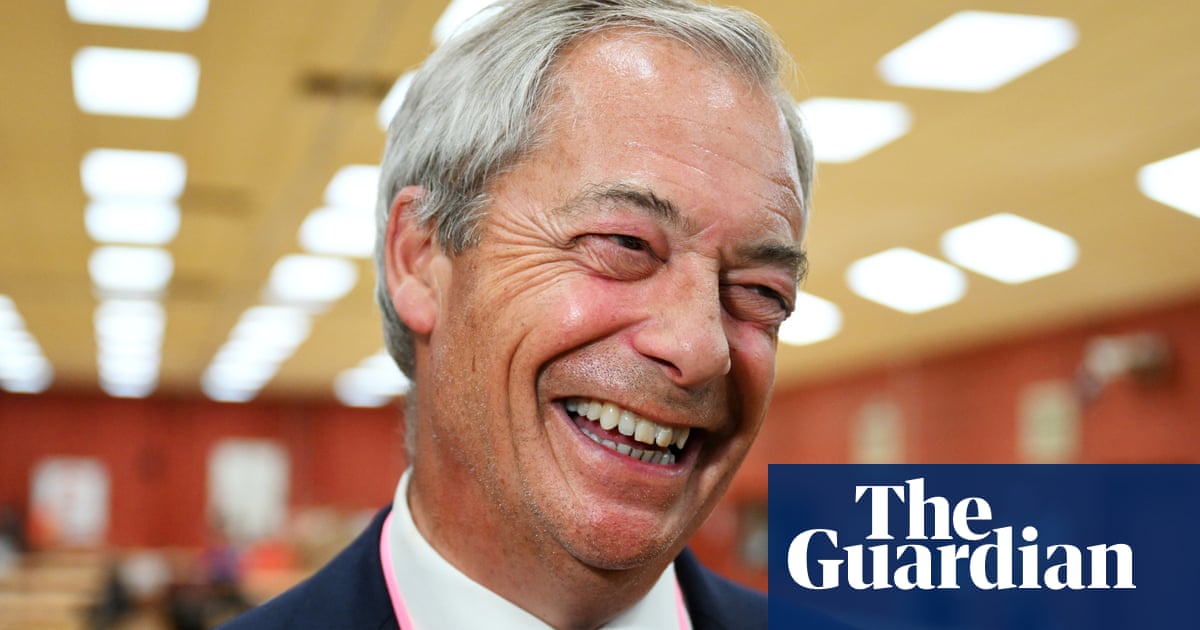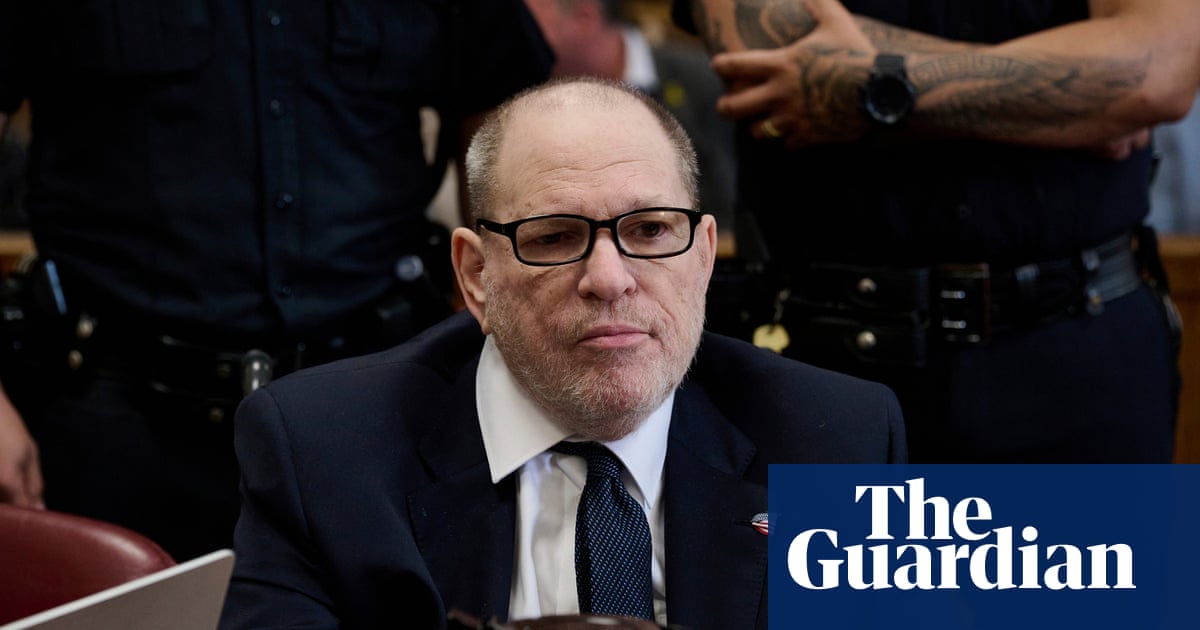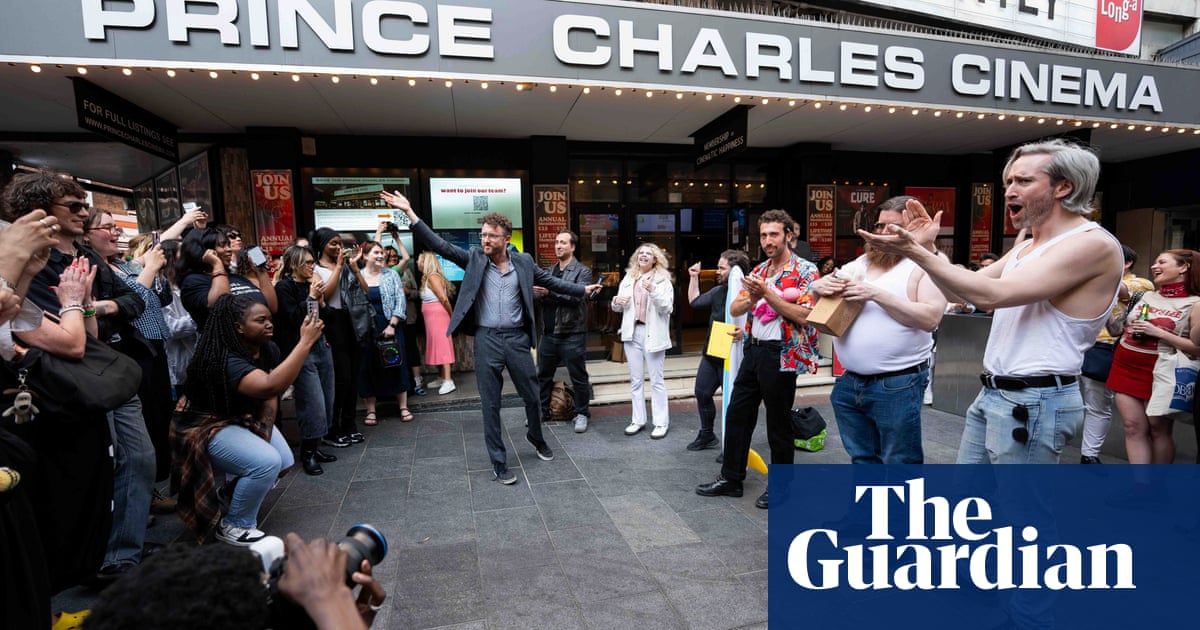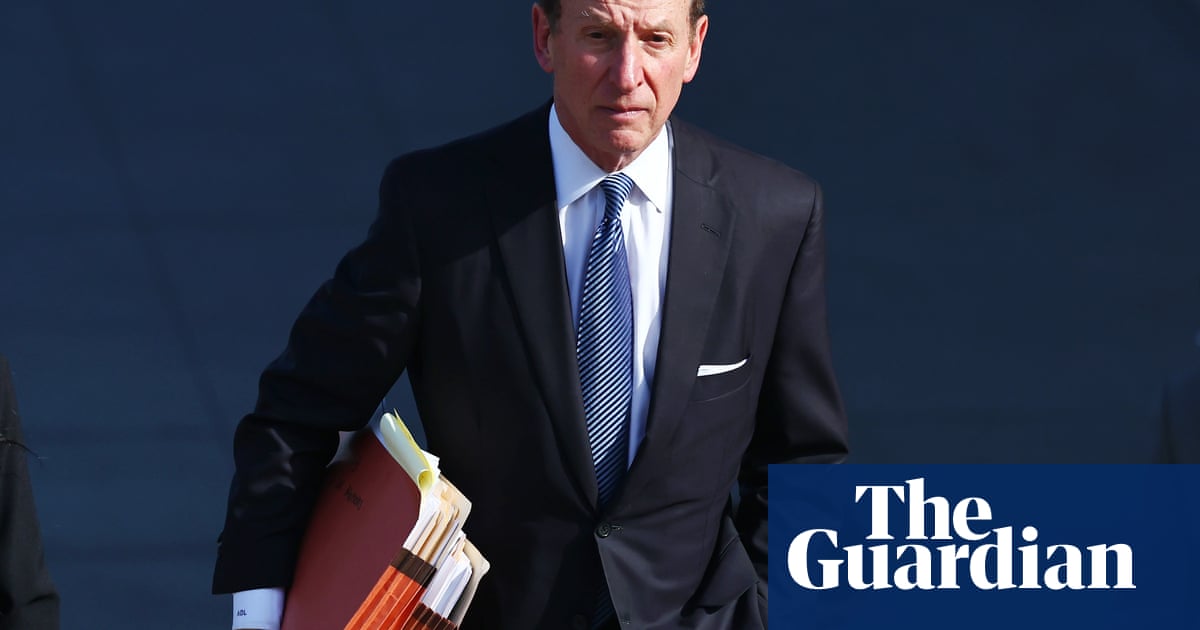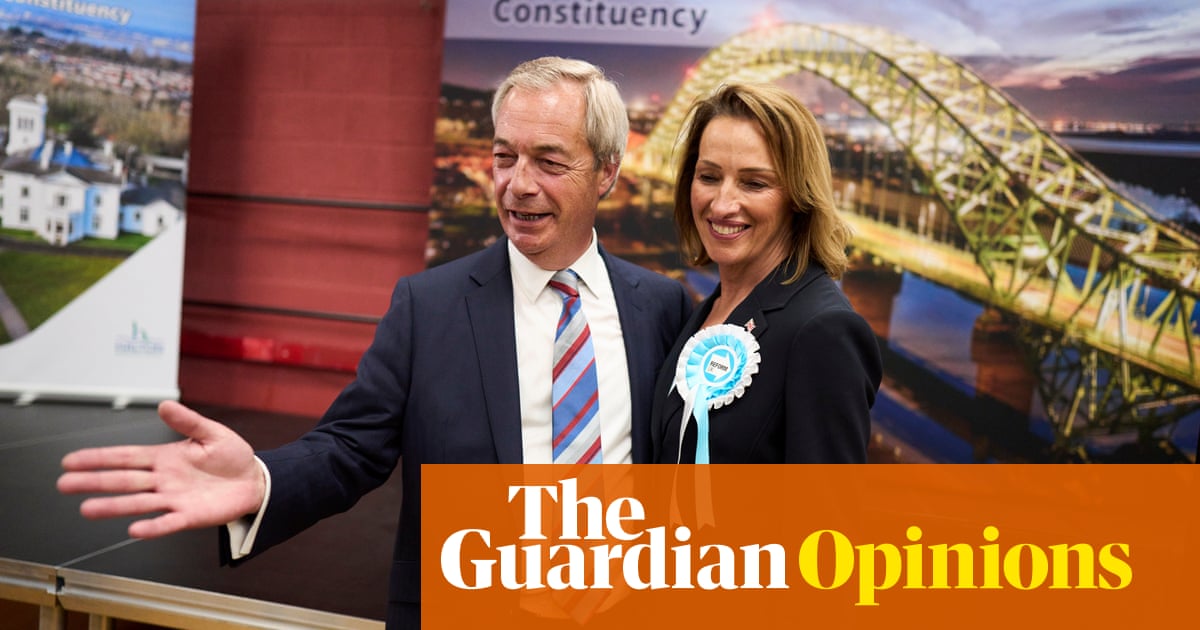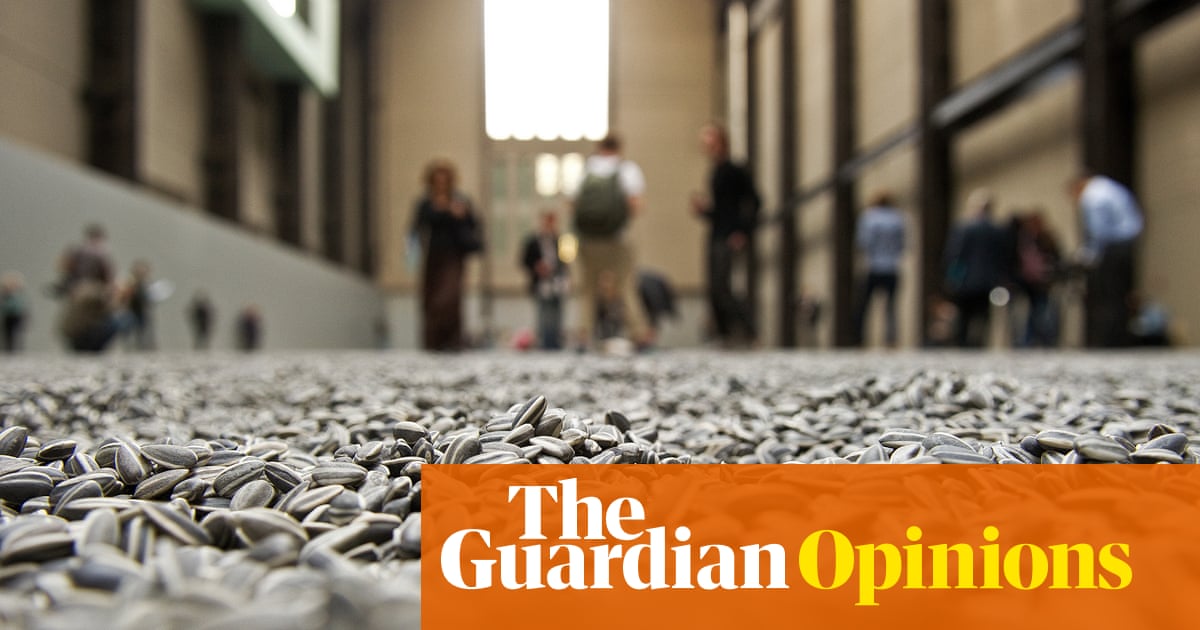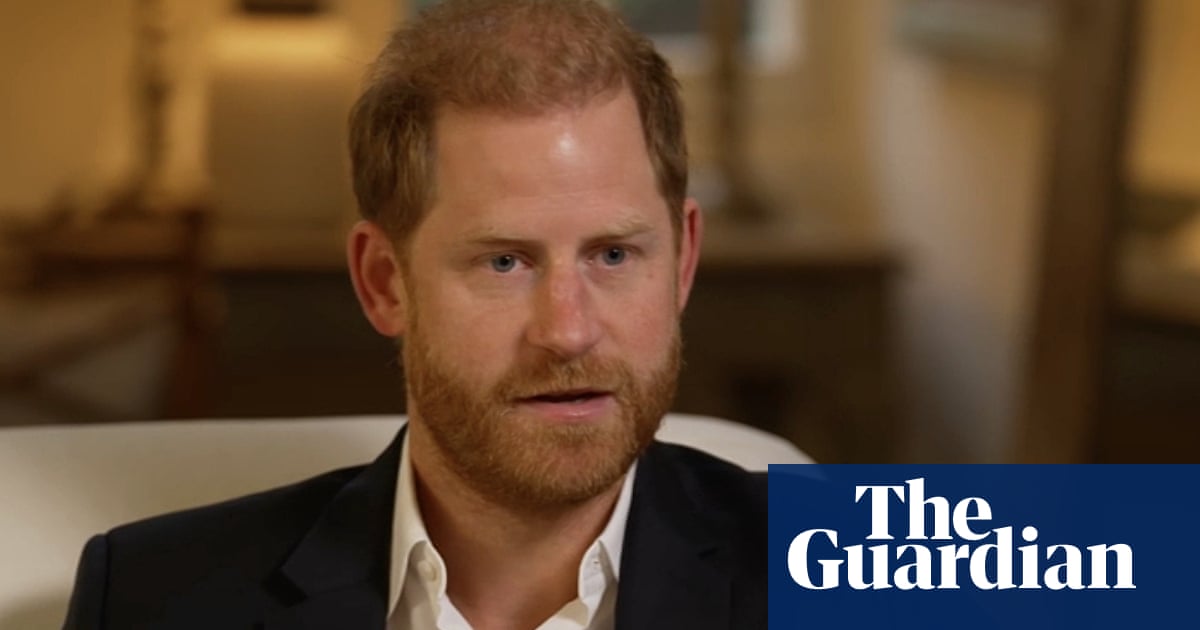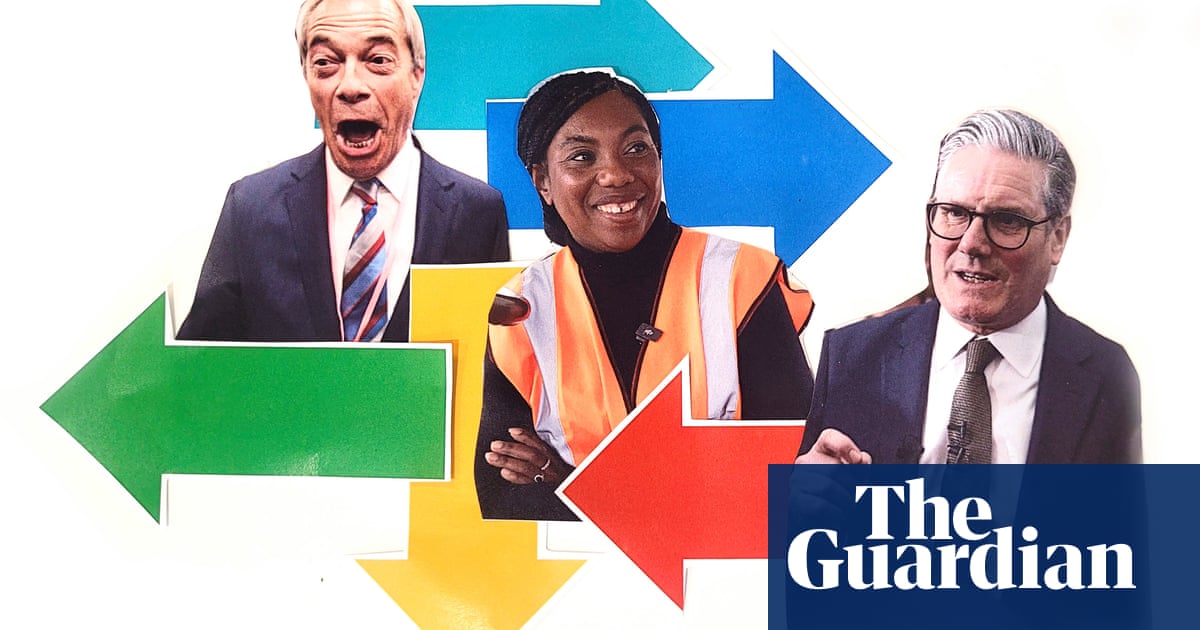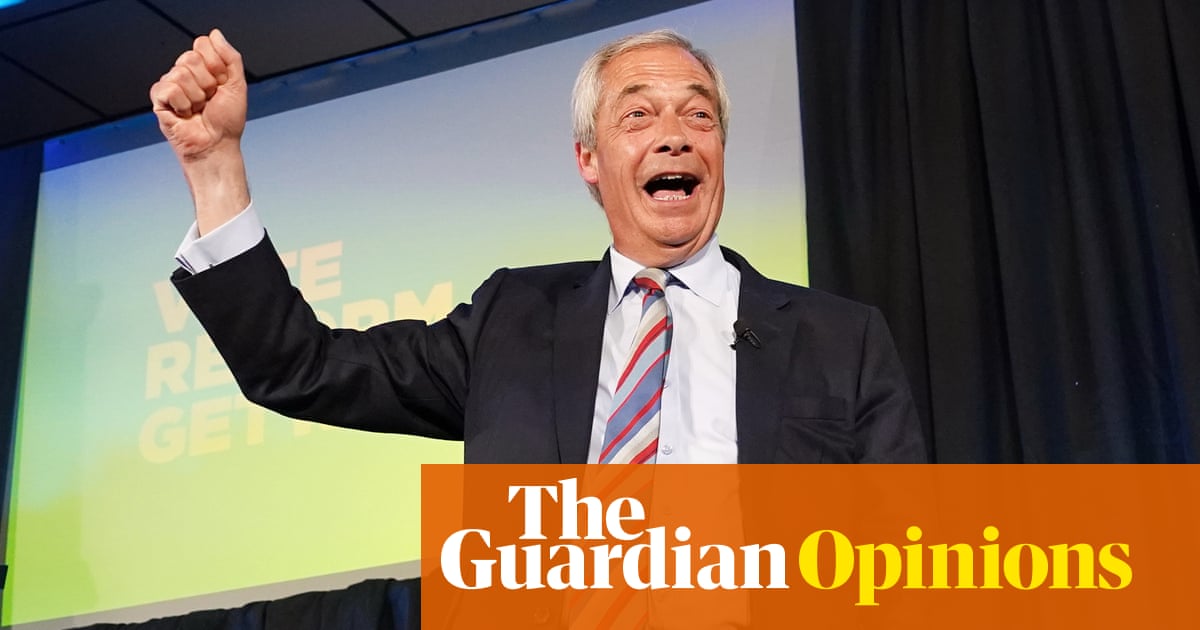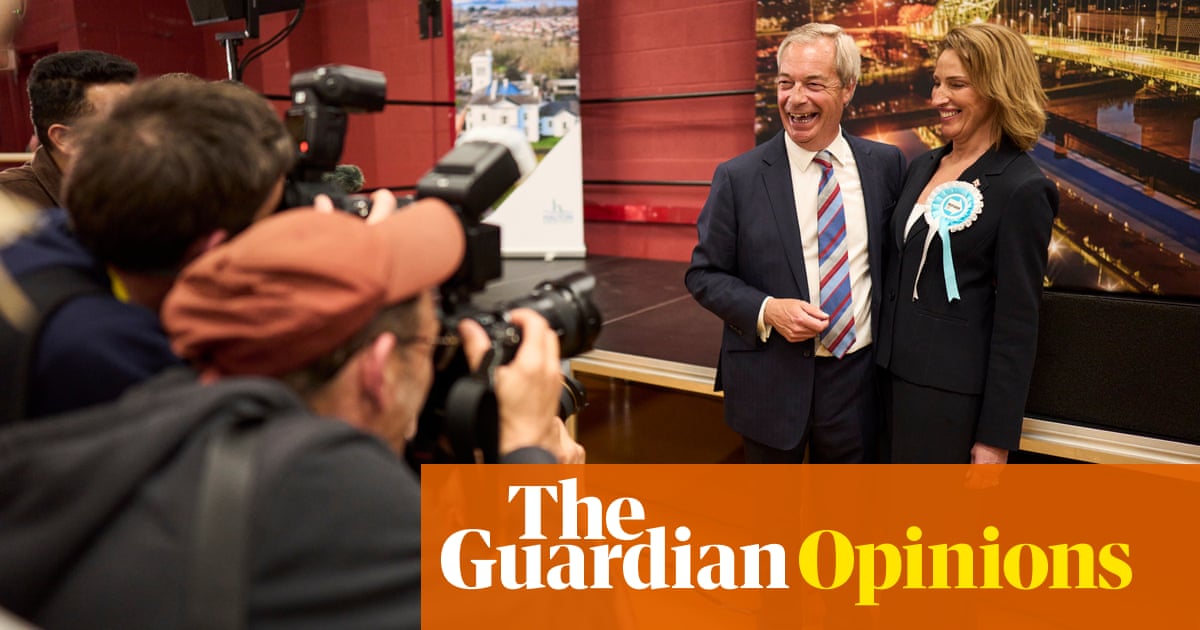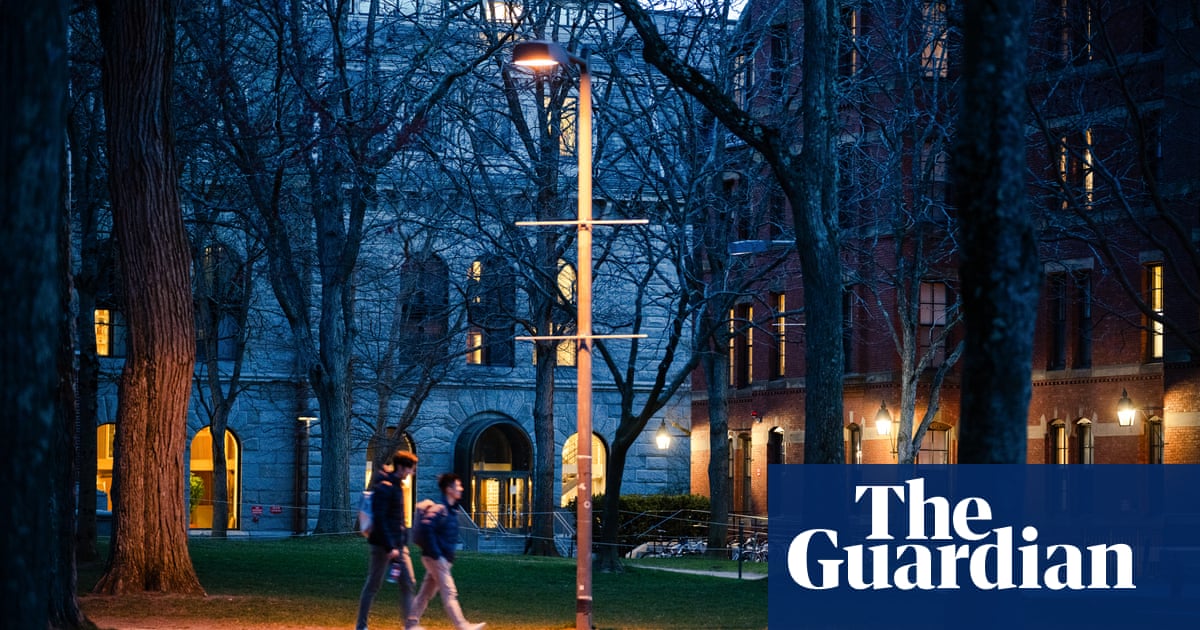
Former political secretary to Tony Blair and current political strategist for BCW
Two-party politics is back. The election results declared so far this morning show that the future of British politics is a fight between two main parties – Labour and Reform UK. The opinion polls were right: Nigel Farage is the leader of the right in Britain. The humiliating slump in support for the Conservative party puts Kemi Badenoch’s leadership on life support and means that Reform will dictate the terms of any deal between the two parties of the right. In politics you can never argue with momentum – and Farage certainly has it.
With support slumping, Labour retained mayoralties in Doncaster, North Tyneside, and the West of England, pushing Reform into second place – demonstrating that Labour’s Rolls-Royce election machine is still the best in class and that Green-leaning progressive voters will turn out for Labour when it matters.
What should be taken from the results? That the electoral contest is now all about change – that was Labour’s slogan last year and is also the message implicit in the name of Farage’s party. But change to what? Reform is clear – being pro-worker and pro-nationalisation, a sort of Labour-lite. That’s a fight Labour can win if it remembers who the party is for.

Communications strategist and co-host of the Over the Top, Under the Radar podcast
There are still many votes to be counted. And, even once they are in, the number of seats being contested this week is too small to tell us anything definitive about the UK’s political future. So far, turnout has been low, and Reform’s surge has mostly harmed the Conservatives. But the results, especially in Runcorn and Lincolnshire, are still a headache for Labour.
They should be a sign that their current strategy isn’t working. There will undoubtedly be some in the party who look to Mark Carney’s recent victory in Canada and say the solution is a change of leader. Switch out Keir Starmer for Wes Streeting and all our troubles will be over.
They are missing the bigger issue. What Nigel Farage and Reform have is momentum and, more importantly, a coherent story about what is wrong with Britain and what must happen to fix it. Until Labour has a competing story that connects with the public on an emotional level it will continue to flounder. Farage launched his local election campaign riding into a rally on a JCB and talking about potholes. He ended his speech with a five-year plan to get Reform into government. Labour needs to be similarly bold in setting out a vision and as effective in communicating it.

Environmental activist and former Green MP
While only a handful of results have been announced so far, one lesson is already clear. Our democratic system isn’t working. We’re now in an unprecedented era of five-party politics in the UK, yet we’re stuck with first past the post – an electoral system built for a bygone era of two-party dominance. The result is a fundamentally broken relationship between how people vote and who holds power – and, as the outcomes of the byelection in Runcorn and the Greater Lincolnshire mayoralty have just shown, the main beneficiaries are the populist Reform, capitalising on public anger and weaponising it against minorities and against our institutions. Whatever the final results today, one thing is certain: if we’re serious about restoring trust in politics, we have to start by replacing our archaic voting system with a fairer alternative.
There are particular lessons for Labour. Trying to out-Reform Reform doesn’t work. Instead of lurching to the right, the government urgently needs to rethink its approach. It could start by addressing the genuine concerns of working people by taxing wealth so we can rebuild our creaking public services, and reversing its cruel decisions to remove support from sick and disabled people.
As Greens, we understand why people have lost faith in the old, tired parties. As they collapse in popularity, we know we will take votes from both, as we did in the general election, where even under the two-party system we’ve managed to work strategically to break through – often being the only credible alternative to the rise of Reform. And unlike Reform, we have a track record of delivery, having formed part of the ruling administration of over 40 councils, including Bristol city council, where we took control last year. We’ve increased our number of councillors seven years in a row, and we are sure this will be an eighth. We know voters want change, and Greens have that bold and positive vision that stands in contrast to Reform whose politics breed fear and division.

Former president of YouGov
Nigel Farage should enjoy Reform’s triumphs while he can. This may be as good as it gets. In May 2015, his former party, Ukip, gained control of Thanet district council. Before last night, it was the only time any of his parties won the power to run anything. What pointers does it offer to the months ahead?
Ukip’s 10-seat majority in Thanet should have given it four years of power to show what its new brand of politics could achieve. Alas, it turned out, that was very little. Six months later, five of its councillors defected, following internal rows about a local airport. A byelection subsequently restored its majority, but only until another councillor defected, saying Ukip had failed to make “significant change”. The following year, 12 Ukip councillors peeled off to form an independent group. Ukip’s days in charge of Thanet were over. In 2019, it fielded just three candidates. They all lost.
Thanet was not the only place where Ukip struggled. In 2017, seven of its 12 councillors in Great Yarmouth defected to the Conservatives – although to be fair, some defections elsewhere went the other way, including two Tory MPs, Douglas Carswell and Mark Reckless.
Maybe it will all be different this time. After today, Reform will have many more chances to show what it does with power. An era of milk, honey and joyful unity – or arsenic, ashes and destructive divisions? We shall see.

 10 hours ago
11
10 hours ago
11





